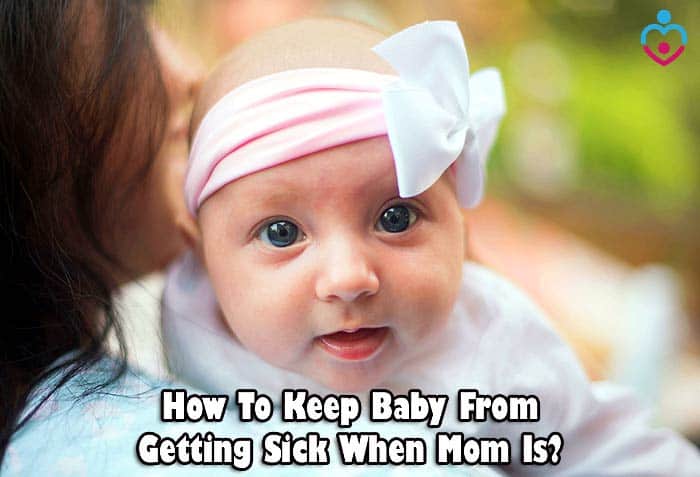
Getting sick when you have to take constant care of your baby is never a desirable situation. You can, however, take extra measures to make sure that your germs don't reach the baby. Here is what you can do if you are sick to protect your little one from getting sick too!
How to keep baby from getting sick when mom is?
1. Breastfeed
 Mothers often worry that breastfeeding while sick is not suitable for the baby. However, the opposite is true; it is very beneficial to pass on fighter cells (white-blood-cells or antibodies) to your baby via breastmilk.
Mothers often worry that breastfeeding while sick is not suitable for the baby. However, the opposite is true; it is very beneficial to pass on fighter cells (white-blood-cells or antibodies) to your baby via breastmilk.
- You can either breastfeed or give expressed breast milk if possible.
- In the first year of a baby's life, breastfeeding is the best thing you can do to build your baby's immune system. The better immune system will prevent them from catching a cold from the viruses that quickly.
- Also, breastfeeding provides your child with the best possible nutrition values and being well-nourished benefits children to fight off diseases.
- According to a recent study, breastfeeding for six months or more reduces 63% of getting any ear infections in infants, 77% reduced chances of throat infections, and 87% reduced odds of sinus infections.
- When the breastfeeding mom is sick, her body produces antibodies to fight off the germs, and these antibodies transmit to the baby via breast milk. If you cannot get out of the bed, then you may consider pumping.
- According to the Centers for Disease Control and Prevention (CDC) study, it is evident that breast milk does not transmit the germs that cause illness, so you don't need to worry about bugs contaminating your breast milk.
![]()
2. Cover your cough
 When you cough or sneeze, you should cover them with your elbow to avoid spreading the germs. This hygiene etiquette would not eliminate the risk but reduce sprinkling the bugs everywhere.
When you cough or sneeze, you should cover them with your elbow to avoid spreading the germs. This hygiene etiquette would not eliminate the risk but reduce sprinkling the bugs everywhere.
- The caretakers or nannies may be holding the baby on their elbows. So, the above method would not work in that situation. It would be best if you used your hand to cover the cough or sneeze and then immediately wash your hand with anti-bacterial soap. You may use the hand-sanitizer if the water isn't available.
- The other trick you can try is to sneeze or cough into a tissue. Then you will need to get rid of it and wash your hands immediately.
- While protecting the baby from getting sick from above hygiene etiquette, you should also teach other family members to follow the same as much as possible. Always remember to wash your hands after every sneeze or cough.
![]()
3. Limit the kisses/contacts as much as possible
 Limit kisses to only the forehead of your baby.
Limit kisses to only the forehead of your baby.
- Skip kissing their hands, feet, or cheeks. All these can go in their mouth and transmit your germs to them. You can kiss your baby on the forehead to stay on the safe side but still, show them your unconditional love.
- When you or your family members sick, you should consider keeping your baby in a separate room away from sick family members.
- It would help if you washed your hands after visiting the sick people's area in your house.
- If you're the only person to take care of your baby when you are sick, consider wearing a mask and wash your hands after touching that could be infected like doorknobs, faucet handles, and phones.
- Generally, babies who are with lots of other children (e.g., daycare centers) or sick older siblings are more likely to get colds.
![]()
4. Consider Smoke-free Environment
 To keep the newborns safe, you should consider a smoke-free home and smoke-free car.
To keep the newborns safe, you should consider a smoke-free home and smoke-free car.
- Infants can be exposed to the airborne particles that irritate airways and raise mucus production.
- Sometimes, the toxic particles from smoking can stay longer, even after smoking. You must wash your hands before holding the baby.
- It is widely known that babies who are exposed to secondhand smoke from cigarettes or vaping are more likely to catch colds than those who are not exposed to any of them.
- Keep a clean house. You most likely do this regularly but if you are sick, you should go a little farther with it. Wipe the surfaces in your home good because germs can settle on desks, toys, and screens. Clean the handles as well and make sure your baby gets in contact only with clean surfaces.
![]()
5. Keep contaminated objects out of baby's mouth
 Curious and active babies tend to put everything into their mouths.
Curious and active babies tend to put everything into their mouths.
- When there is someone sick in the family, there are high chances that objects would be contaminated with cold germs. It would be best if you cleaned or sanitize their toys as often as possible to remove gems.
- If your baby is playing with another baby who is sick, then make sure that they do not share toys. If they do, you should wash all the toys with soap and hot water when they're done playing.
- It would be best if you sanitized frequently touched areas, including the sink handles and faucets, doorknobs, phones, tablets, and countertops.
![]()
6. Avoid big groups
 During the baby's first winter, you should avoid taking the baby to the large group where there is more likely to have sick people in the crowd. Avoid crowds, if possible.
During the baby's first winter, you should avoid taking the baby to the large group where there is more likely to have sick people in the crowd. Avoid crowds, if possible.
- Also, in the first year, if you're planning to visit your friend's place, it would be more beneficial to call them in advance to see if anyone is sick at their house. If someone is sick there, it would be better to avoid the visit altogether. On the contrary, you should stay home if you're sick to prevent spreading the germs to others.
- You should not allow anyone who has a cold to feed your baby. If they have to, make sure that their hands are washed thoroughly before they can hold the baby.
- When shopping alone or with your baby, ensure that you keep a small pack of sanitizing wipes to clean the shopping-cart handles before touching them.
![]()
7. Stay up to date with vaccinations
 The CDC recommends that if you're pregnant between 27 and 36 weeks and entering into the winter months, getting the flu shot passes antibodies on to your fetus. The antibodies' protection should last for about six months during pregnancy.
The CDC recommends that if you're pregnant between 27 and 36 weeks and entering into the winter months, getting the flu shot passes antibodies on to your fetus. The antibodies' protection should last for about six months during pregnancy.
- Colds cannot be prevented. However, as you enter into the winter months, as a nursing mother, you must get a flu shot for influenza and pertussis (whooping cough).
- If the baby is less than six months old, then you cannot give the flu shot to the baby, otherwise, make sure that the baby gets the flu shot. The flu vaccine is being adjusted every season with different strains to combat with several new viruses. The flu vaccine is your first line of defense. Note that the flu vaccine won't stop all types of infections.
- You should stay up to date with baby's regular vaccinations against hundreds of virus infections, including measles, chickenpox, whooping cough, and other preventable diseases.
- Besides, make sure that everyone in the family gets vaccinated to protect the newborn from all angles. Everyone in your baby's circle needs to be immunized.
![]()
8. Exercise caution at the pediatrician's office.
 Typically, in the pediatrician's office, there will be two types of waiting rooms, namely a sick room and a well room.
Typically, in the pediatrician's office, there will be two types of waiting rooms, namely a sick room and a well room.
- In spite of this separated room concept, there is a high possibility of germs on the "well room" toys.
- If you have a scheduled appointment for your baby with the pediatrician, ask for the first appointment of the day where it is less likely to be contacted with sick kids. The other option would be the last appointment of the day to avoid the crowd.
![]()
9. Boost your immune system
 As a breastfeeding mom, it is tough to get enough sleep with waking up every 2 hours for the baby feeding cycle.
As a breastfeeding mom, it is tough to get enough sleep with waking up every 2 hours for the baby feeding cycle.
- As they say, when the baby sleeps, so should be the mom even if it is a day-time.
- By eating a healthy diet, you will be able to fight off illnesses.
- Thus, you would reduce the chances of passing the disease to your little one.
![]()
It is never easy being sick, especially as a new mother, you not only take care of yourself, but someone is dependent on you as well.
You must take care of yourself with proper hygiene and healthy eating before you can help the little one. You should drink plenty of water and take ample rest.
Talk to your doctor if you need medications to combat the cold. Note that if the cold symptoms are due to viruses, then antibiotics won't work.
![]()
Key References
- "Maternal antibodies in breast milk protect the child from enterovirus infections. - PubMed - NCBI". Accessed January 25, 2020. Link.
- "Longer Breastfeeding Linked to Better Nutritional and Health Outcomes | Clinician Reviews". Accessed January 25, 2020. Link.
- "Influenza (Flu) | Breastfeeding | CDC". Accessed January 25, 2020. Link.
- "Effectiveness of cough etiquette maneuvers in disrupting the chain of transmission of infectious respiratory diseases". Accessed January 25, 2020. Link.
- "Prevention of influenza in healthy children". Accessed January 25, 2020. Link.
- "Quitting Smoking for Older Adults". Accessed January 25, 2020. Link.
- "Pertussis | Pregnancy | Vaccinating Pregnant Patients | CDC". Accessed January 25, 2020. Link.
- "Development of vaccines against common colds | British Medical Bulletin | Oxford Academic". Accessed January 25, 2020. Link.




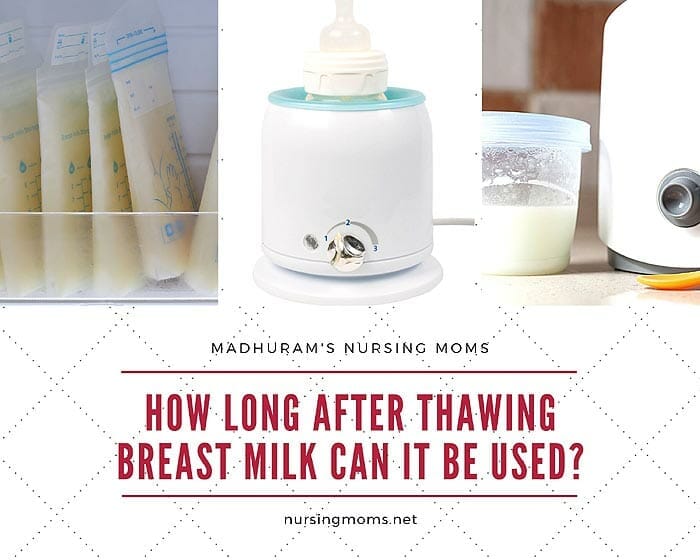
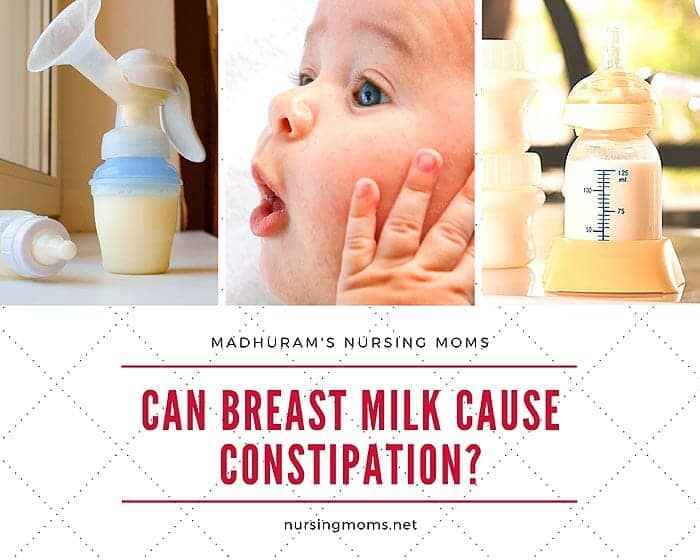
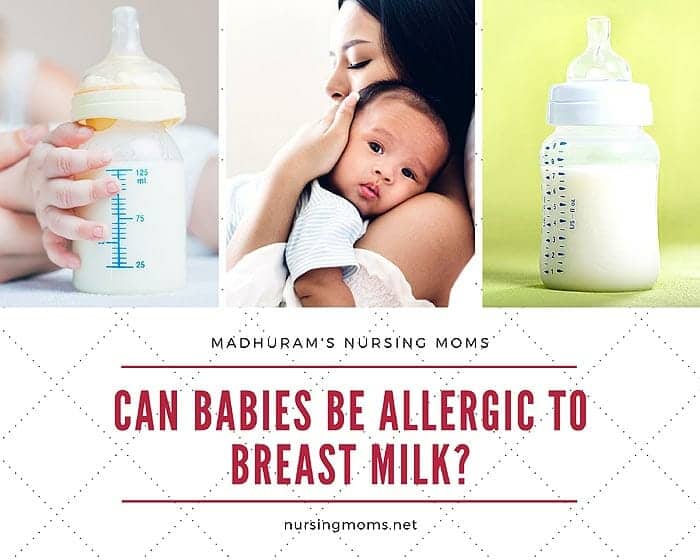
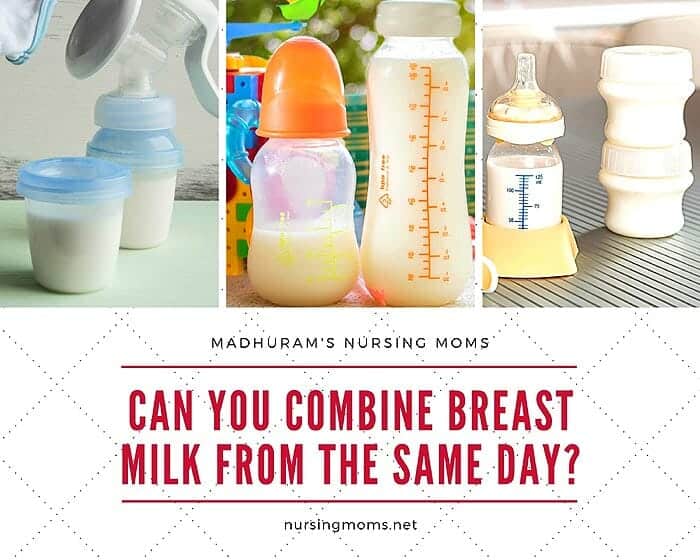
Leave a Reply